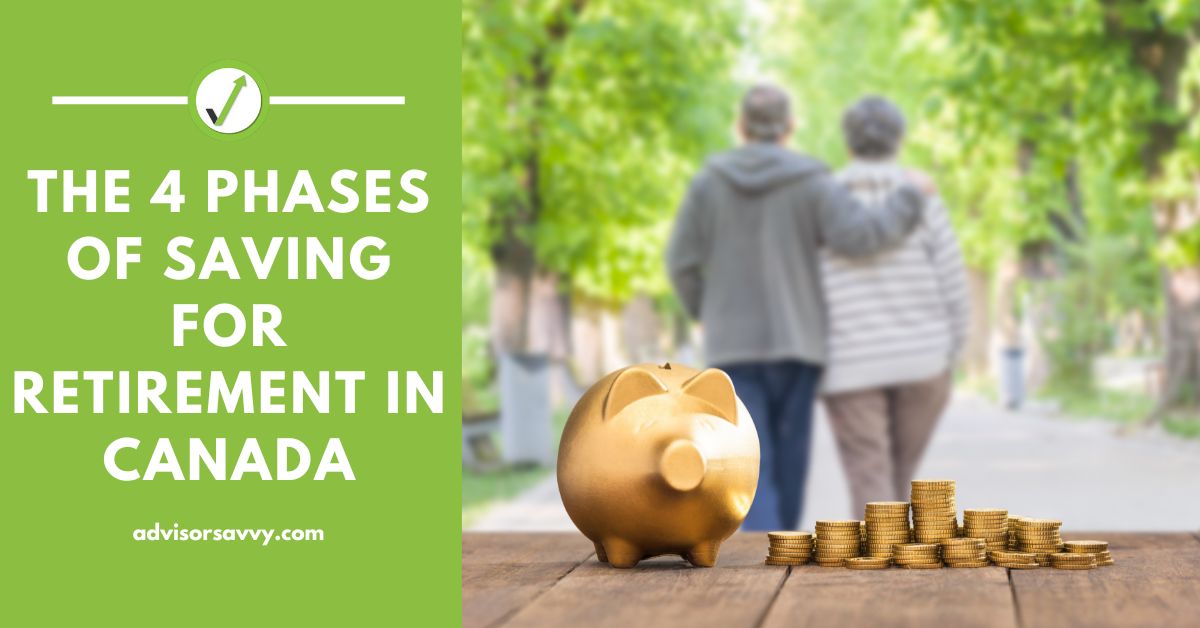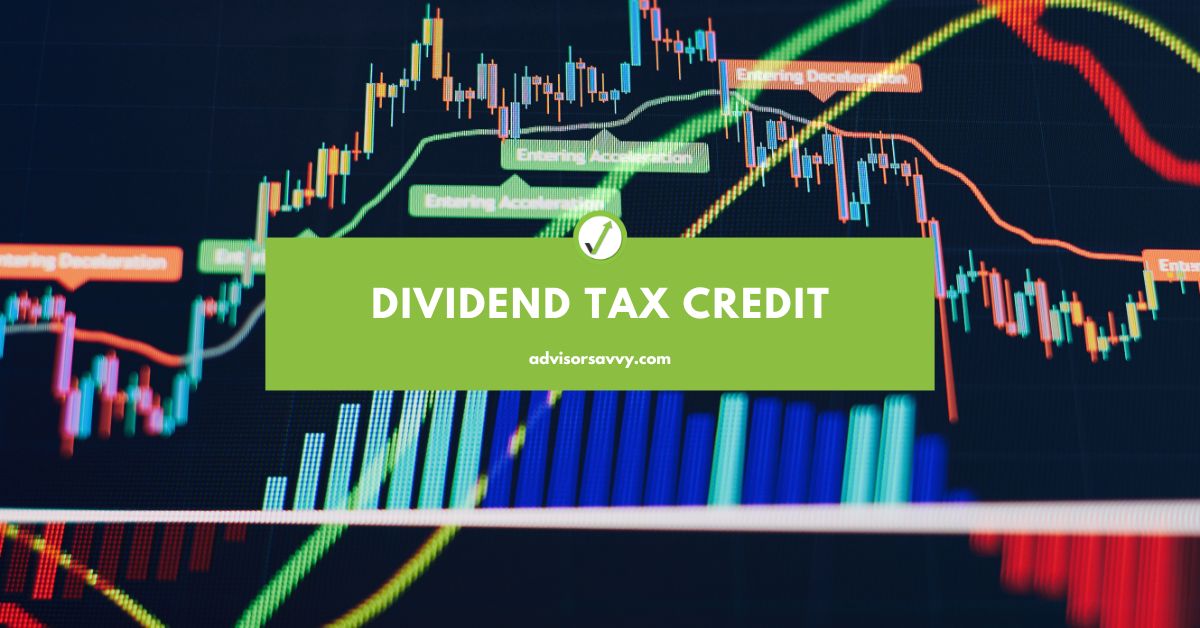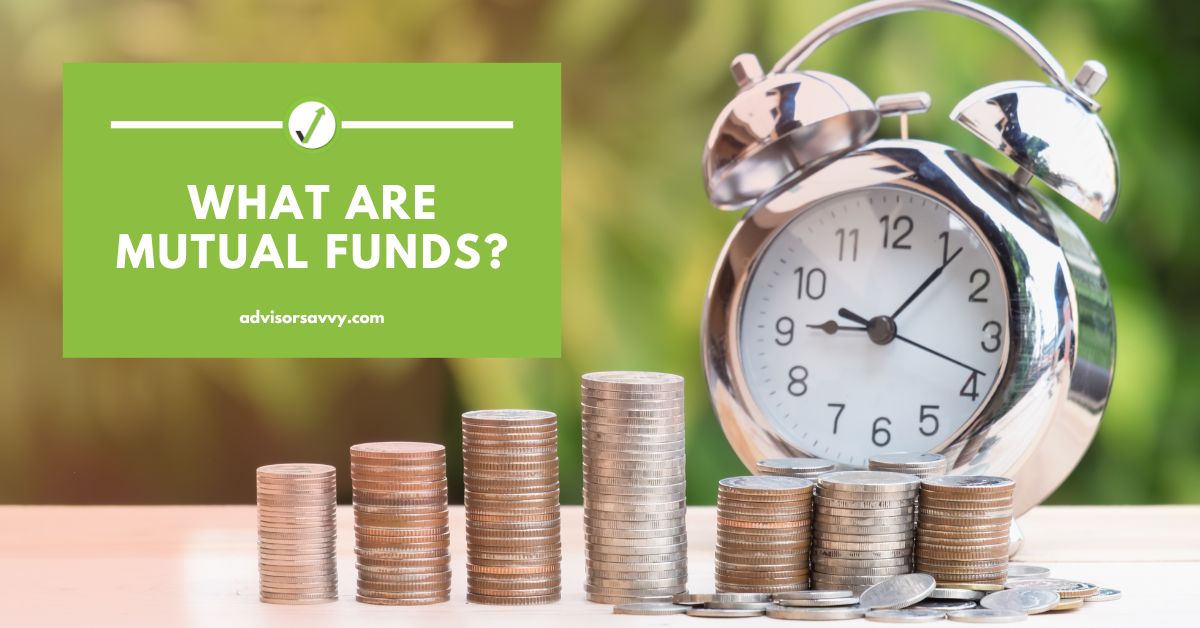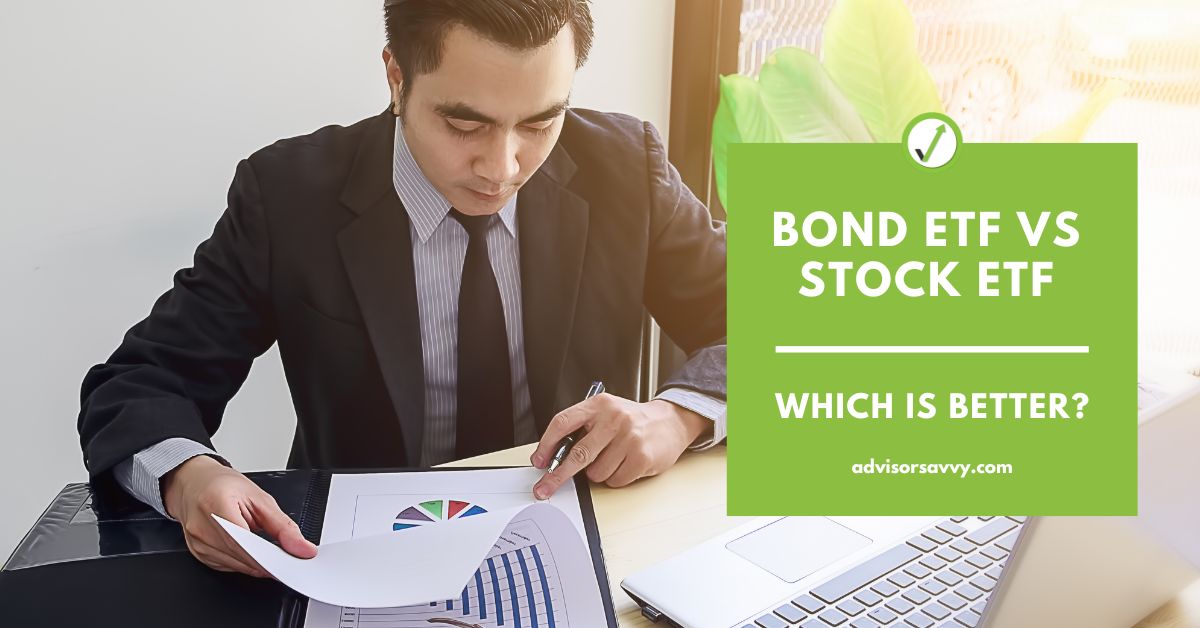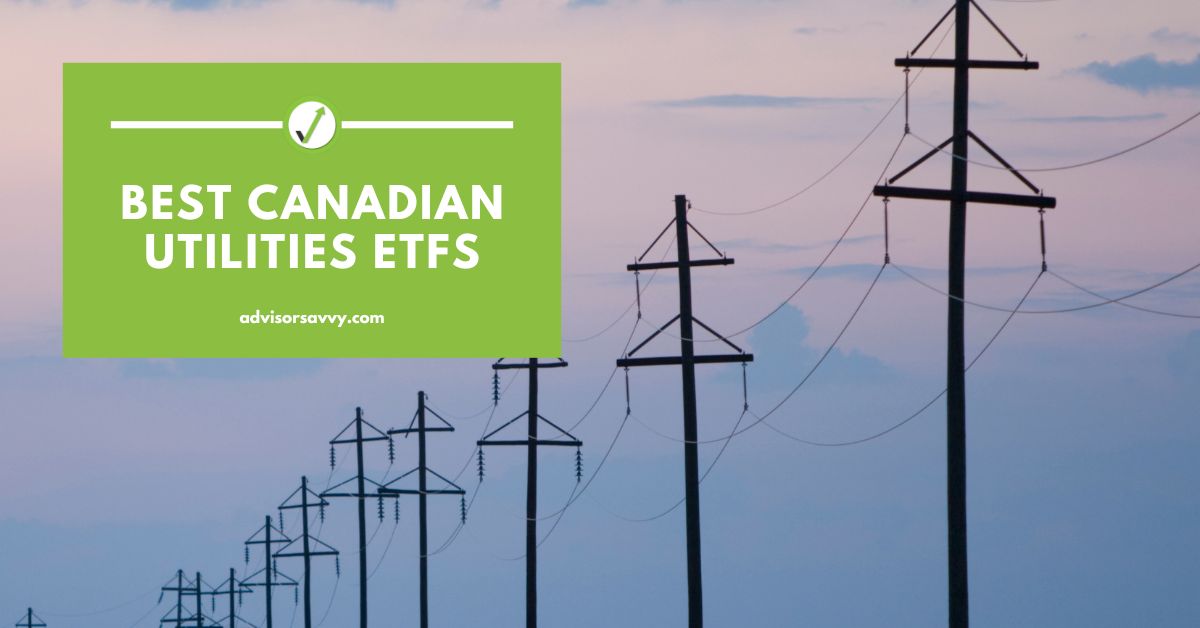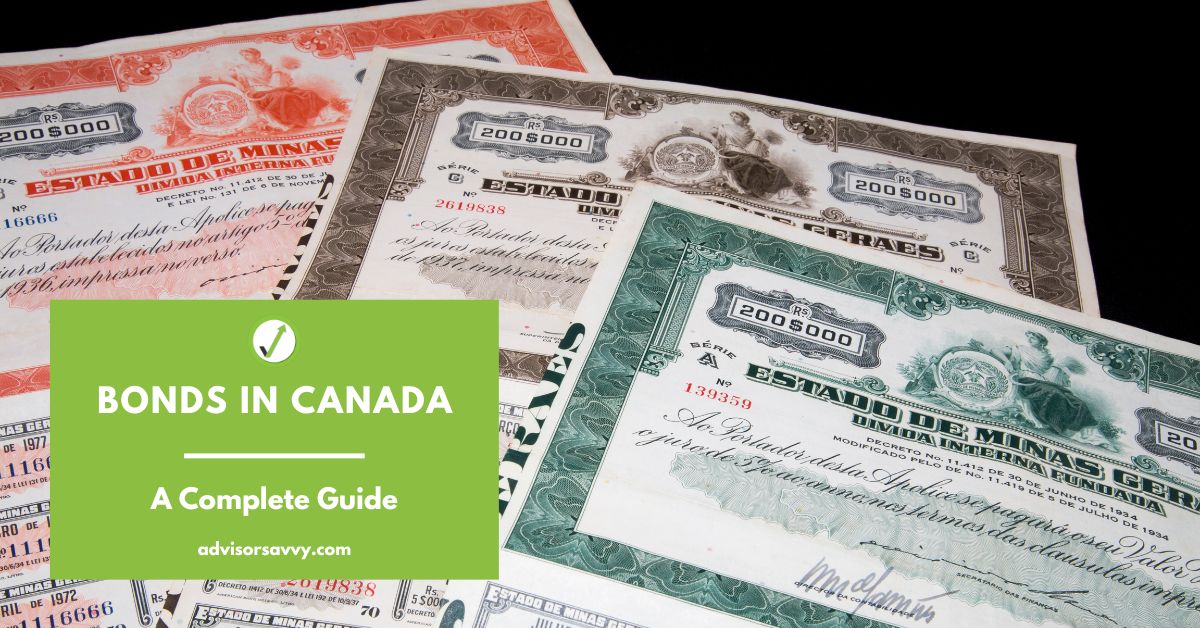5 Best Day Trading Platforms in Canada
Are you interested in getting involved in day trading? It’s a challenging profession, but if you have a knack for numbers and are a self starter, it could be a lucrative endeavor. Before you can begin your day trading journey, you must choose an online platform to facilitate your trades. There are a variety of features to consider, such as fees, supplemental market information, and user friendliness. This concise guide presents the 5 best day trading platforms in Canada. By the end of this guide, you can make an informed choice to kickstart your day trading journey. Continue reading to find your perfect platform! What is day trading in Canada? A day trade is the process of an investor buying a financial instrument and selling it off on the same day. The goal of this investment is to make short-term profits from price fluctuations.In other words, you buy low and sell high within a day. The financial instrument used for
Continue reading


